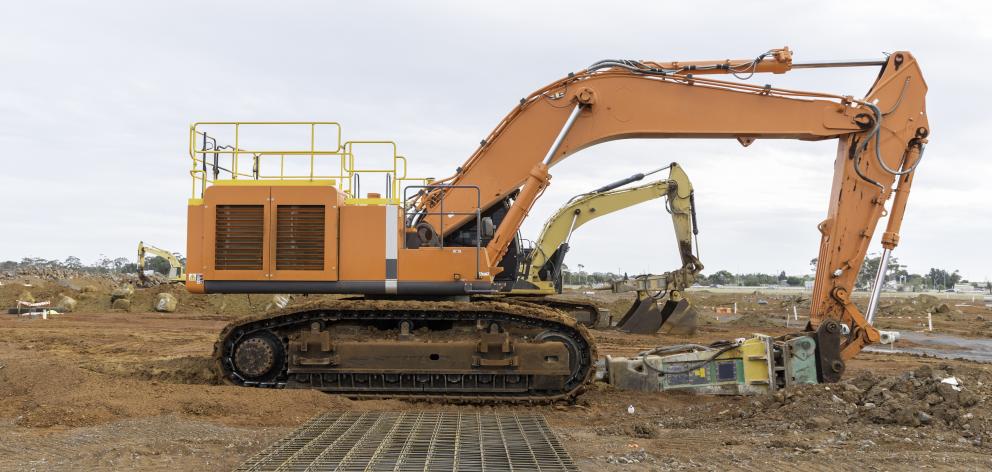
The Australian research company has initiated coverage on Fletcher Building with a fair-value estimate of $7.80 per share and says the stock is now trading very close to fair value.
"Our uncertainty rating is ‘high’, given the earnings leverage to the highly cyclical housing construction industry and the potential for further losses on the New Zealand International Convention Centre construction contract."
The impact of new Government policy on housing and immigration, and potential organisational change under a newly appointed chief executive, could also provide uncertainty.
Morningstar said Fletcher should have capitalised on New Zealand dwelling approvals rising to near record levels in the year to June. It was double the level of five years ago. A spectacular rise in consents for multi-family dwellings had been a big driver of the trend, tripling over a period of five years to 9363 in the year to June.
Overall construction activity by value had increased 40% over the past five years to $27billion.
Fletcher’s second-most important market, Australia, had seen similar growth, although total Australian construction value had fallen as a result of declines in non-residential construction and engineering and construction activity.
However, with the exception of 2016’s good result, Fletcher’s earnings had not been growing in relation to the underlying market growth expected.
Reasonable growth in operating profits was marred by significant restructuring, impairment and other charges in both 2015 and 2017.
"The question is now whether they can take advantage of what is left of this cycle."
New Zealand dwelling consents had slowed in recent months and they were expected to roll over in the 2020 financial year, especially with a new Labour-led Government introducing policies to slow the pace of house price growth and lower the current pace of immigration, Morningstar said.
Given the lag between approvals and construction, the current backlog should support growth for the next 12 to 18 months, and Morningstar said it expected strong growth in infrastructure spending to help offset the eventual downturn.
It looked late cycle for Fletcher. The company might be hard-pressed to deliver operational improvements to offset the top-line growth in the coming two to three years.
Morningstar’s base case with a fair value estimate of $7.80 still projected growth until the 2020 financial year, when revenue and profits would fall.












